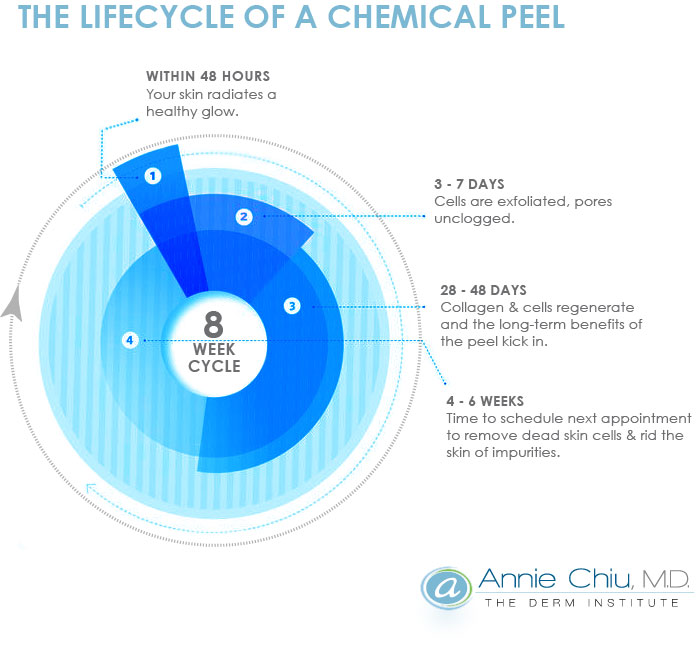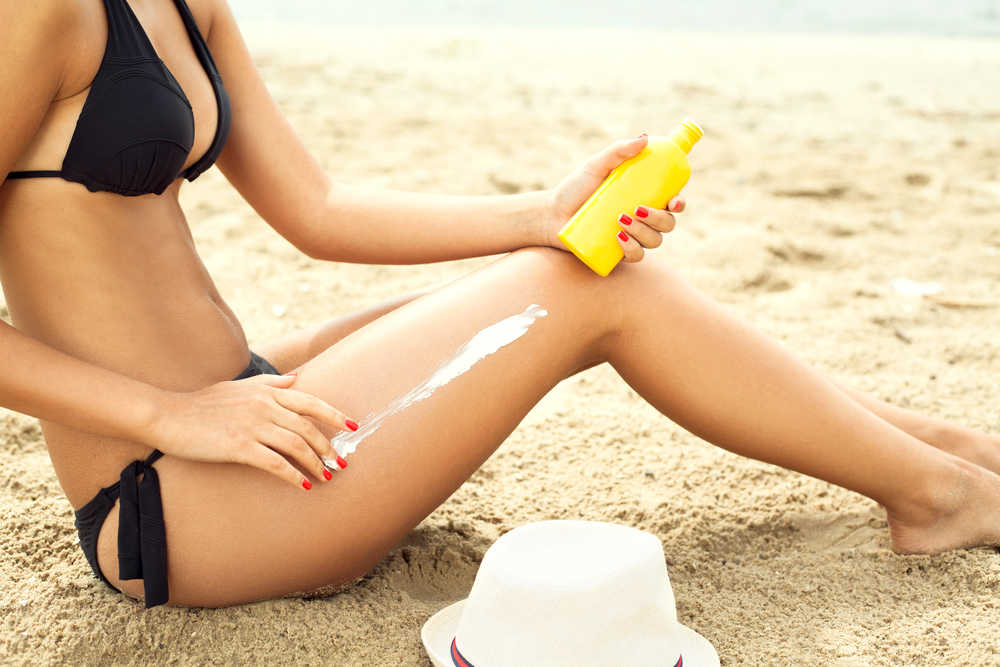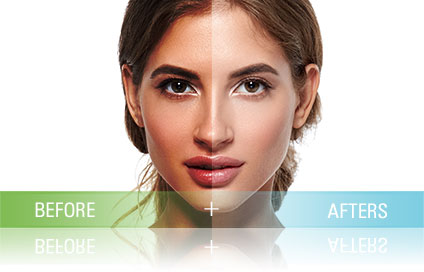We all have a few bad habits that we can improve on. If you aren’t seeing the healthy radiant skin you want, take a second to review your skin care regimen. Here at The Derm Institute, Dr. Chiu is committed to helping you achieve healthy skin, so take a look below and see how you may have a beauty habit that can be improved.
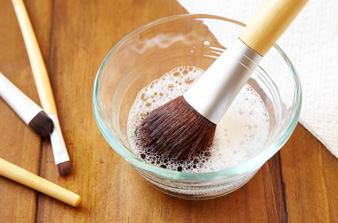 1. Not washing your makeup brushes and sponges.
1. Not washing your makeup brushes and sponges.
70% of women don’t wash their makeup brush or sponges, EVER. Bacteria, dead skin cells, and oils can all accumulate to contribute to breakouts, irritated skin, or just uneven makeup application. Dr. Chiu recommends washing your brushes at a minimum of every 2-4 weeks.
 2. Sleeping with your makeup on.
2. Sleeping with your makeup on.
Pollutants and dirt that causes oxidative stress can be trapped against your skin under your makeup, causing premature aging, breakouts, and inflammation. Sleep is an important time for the skin to repair. Even an easy makeup removal wipe before bed is worth the time!
3. Over•exfoliating or over•washing oily skin.
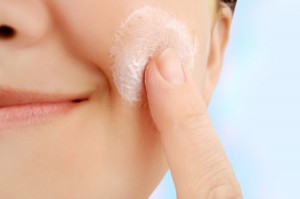
4. Giving up on skincare products after a few weeks.
Most skincare products take at least 8-12 weeks before clinically significant results can be seen. If you try a product for a few weeks or even a month, then change it, you are likely never getting the benefits of the product. Dr. Chiu always recommend using a product for at least 3 months to truly evaluate if your skin is responding. Skincare products are not magic, but definitely can improve skin quality if used consistently.
5. There is sunscreen in my moisturizer, so I don’t need anything else.
The American Academy of Dermatology is recommending daily sunscreen use of SPF 30 or above. A lot of people do not actually use enough of the moisturizers with sunscreen to achieve the actual SPF on the label. This can significantly increase your risk of skin cancer. Dr. Chiu recommends that you use at least a generous nickel size dollop of sunscreen for your face to get the SPF protection that is on the label.

